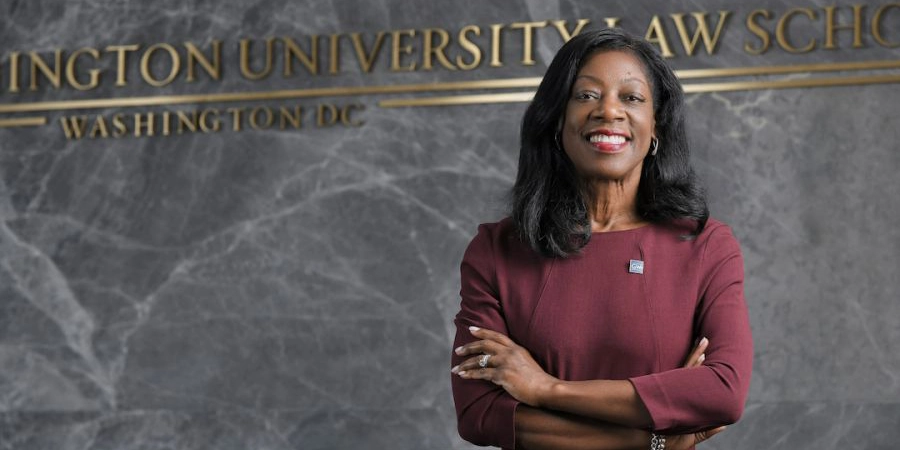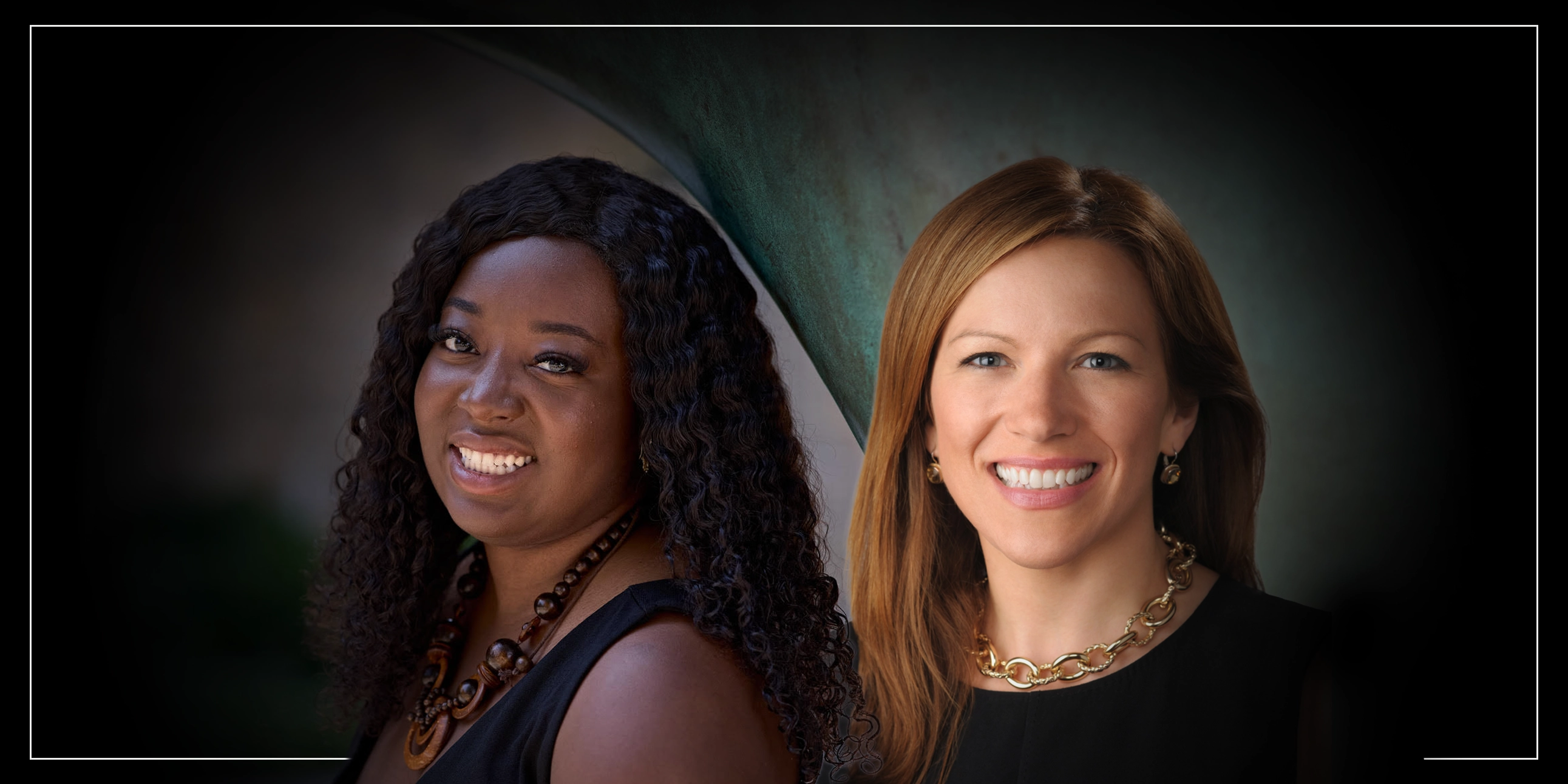*Note: Our availability for new J.D. admissions clients will reopen on Tuesday, January 6.
X
In this podcast, Mike Spivey predicts what to expect as far as the timing of admissions decisions this year, then discusses the preliminary LSAC data that has applicants wondering whether this will be a far more competitive cycle than normal.
You can also listen to this podcast on SoundCloud or Apple Podcasts, or read the transcript below.
Hi, this is Mike Spivey with the Spivey Consulting Group. It's September 28, and the admissions cycle is sort of in full swing. By full swing, I just mean that most schools are accepting applications — I don't think most schools are reading applications yet, and that's the gist of this podcast, which is twofold. First, I'm going to discuss the rate at which I think the cycle will progress. And I want to keep this short — we want to get a transcript up for everyone — but if there's time, I'm going to also discuss the early data and what I think is going to happen with it.
So, the rate of the cycle. I've heard mixed theories, both within my firm — we bounce these emails back and forth — and online. And you can almost "pro/con" it as if you were a dean of admissions; at least that's what I do when I try to make these predictions. Let's look at the, I guess we would say "pros"— well, to me these are "cons" because I always think now as an applicant and not as an admissions dean — so why would the cycle go slowly? Why would the admit rate go slowly? And there's a little bit of evidence of that; I was talking with another admissions consultant, Moshe at Sharper Statements, and we both noted that it looks like the number of admits in September is less than it has been in the last few years. I am certain if you are on a message board it probably doesn't feel like that — every time you see someone say "Admitted to Duke!" it feels like the rate for other people is faster — but if I had to guess, and I think not just me but other people who track this every year, the rate is actually slower right now. So that's one indication.
A second indication is I talk to a lot of law schools every week, and they are still almost in sort of "shell-shock" mode from all the adjustments they had to make this summer. Admissions offices just didn't have to change their admissions protocols, their travel protocols, their recruitment protocols; they often had to chip in and help the school with the entire hybrid model, both remote and in-classroom course models. So they were stressed — not stressed in terms of mental stress, but stressed in terms of resource-stressed — all summer long, and they're just sort of re-gathering from that. Which has them sort of at a, you know, if you're starting to run a lap on the track, they're stating at negative ten yards because of the summer.
But the following reason, I think, is the most compelling. In admissions, you really rely on past data to make forward-looking decisions, including your pace of admit. One of the things our firm does is we help schools look at their past data to help project the current cycles, so "these are what your targets should be, this is how the cycle is going to progress, based on our analysis of the past year's data." The problem with last year's data — and you've probably seen our blog, hopefully you've seen our blog on this — is it was inconsistent with any of the previous 20 years of data. There was a late surge due to COVID, and changes to LSAC's policies, the LSAT itself, the number of LSAT takes you could take, the option of seeing your LSAT score... there were so many one-time — and I hate absolutes but probably only one-shot — changes last cycle, that last-cycle data is not very predictive for this-cycle data, and that tends to have law schools go slowly.
If you've seen the early LSAC data release, I'm sure law schools right now are excited, but in some sense they might be more cautious, because if LSAC is going to release the data incredibly early and it's not comparative to any data we've seen from last year, then those numbers — if we know this, admissions offices know this too — the numbers are incomparable, and certainly look inflated to us. So for those two reasons, specifically the third reason, one could see the cycle going slowly.
There are a couple of reasons one might think it might go faster, though, as far as admissions decisions. There are two primary drivers to this — one is admissions officers aren't traveling. If the digital forum keeps shutting down, they're not even doing that, but the digital forum is just half a day in the life. Admissions travel, which is what I used to do back when I was in admissions and what current admissions officers did every year but this year, is September/October/November, you are on the road. You're flying from school to school. It is an incredible amount of travel in a three-month period. To put it in sort of admissions terms, you rack up Marriott rewards points and Southwest Airlines mileage points. So you're on the road every week, and because of that, file reading gets built up toward December. This is why we've talked long and hard about "get your applications in before Thanksgiving and they're early" — because for most schools, only a tiny fraction of applications are read in the September/October/November period. Well they're not traveling, so they need to fill that time void with something.
In fact, if I were a dean of admissions today, and I saw that Harvard slowed pace, and let's say I was a competitor with Harvard, I would say "Here's an opportunity, a competitive opportunity, for us to read and render decisions early. We're not traveling. Some schools are going to go slower, so why don't we make a number of decisions early, get people admitted, get them excited about their school, and do some sort of virtual admitted students' day?" That's literally how I would do admissions right now if I were to switch to the admissions side of things... which maybe I will, so maybe next year I'll be speaking as a dean of admissions somewhere.
The points being this. There are no definites in this prediction. If I had to guess based on what we've seen with the data as far as admissions so far, what we've seen as far as how admissions offices respond to incoherent data — the data last year, for lack of a better word, was incoherent, so here's my prediction — I think this is going to be a slow cycle. So for 80% of applicants, it's going to go slower than past cycles, but for almost all applicants it's not going to feel like that because you'll see the small outliers and data points on message boards and, you know, like myLSN, and it'll seem like other people are getting admitted too rapidly relative to you. So I would say, hopefully in this sense this is calming, because if you feel like other people are getting admitted and you're not, that's going to be the vast majority of applicants early this cycle. If I had to guess, I think we're going to see the majority of admitting coming December, January, and February, and maybe a heavy, heavy, heavy waitlist cycle based on the early data.
So let me switch to the early data. Everything looks elevated, but it's going to come down. We predicted over the summer that there are going to be more applications, and that's almost inevitable — even with the low summer LSAT takes people were saying "well you can't make this prediction," but we were pretty confident that there were going to be more applications. There is yet to be any compelling evidence to me that this will be one of the most difficult cycles ever, so I do not believe that. I don't see any evidence. I think those LSAT numbers are going to come way down in the top percentile bandwidths, I think that law schools — the more I talk to them, the more confident I grow — that they are going to grow their class sizes.
There are only three ways that law schools can handle their budget deficits right now, because they're not getting money from central universities by and large anymore. They've been underwritten by central universities ever since the Great Recession. They can cut faculty salaries, they can cut scholarship amounts, or they can increase the class sizes. They're not going to cut faculty salaries; they may do some other fancy navigating to reduce the amount they spend on faculty, but it's not like they're going to take a tenured faculty member's salary and reduce that. I think this cycle's applicants may have hit the one year where law schools still come over-budget on scholarships. This might be the best takeaway from this podcast. In other words, they may be given $6 million to give out, and they actually end up matriculating a class with $9 million worth of merit aid, and then they're going to get bashed by their central universities, and next year they're going to really clamp down on scholarships. So maybe/maybe not, but I don't think the scholarship reduction is going to be steep this year; I think that's actually for next cycle applicants. The third way to do it: increase class sizes, and it seems like that might be the direction law schools are trending. To be determined. We're going to follow the data. I think around mid-October/November, the data is going to start coming down, and we'll have a better idea because it'll be a higher percentage of the applicant pool.
So this was a pretty quick podcast. We will get the transcript up. I hope this was helpful — this is Mike Spivey at the Spivey Consulting Group.


In this episode of Status Check with Spivey, Anna Hicks-Jaco has a conversation with two of Spivey’s newest consultants—Sam Parker, former Harvard Law Associate Director of Admissions, and Julia Truemper, former Vanderbilt Law Associate Director of Admissions—all about the law school admissions advice that admissions officers won’t give you, discussing insider secrets and debunking myths and common applicant misconceptions.
Over this hour-and-twenty-minute-long episode, three former law school admissions officers talk about the inner workings of law schools’ application review processes (31:50), the true nature of “admissions committees” (33:50), cutoff LSAT scores (23:03, 46:13), what is really meant (and what isn’t) by terms such as “holistic review” (42:50) and “rolling admissions” (32:10), tips for interviews (1:03:16), waitlist advice (1:15:28), what (not) to read into schools’ marketing emails (10:04), which instructions to follow if you get different guidance from a law school’s website vs. an admissions officer vs. on their application instructions on LSAC (14:29), things not to post on Reddit (1:12:07), and much more.
Two other episodes are mentioned in this podcast:
You can listen and subscribe to Status Check with Spivey on Apple Podcasts, Spotify, and YouTube. You can read a full transcript of this episode with timestamps below.


In this episode of Status Check with Spivey, Mike has a conversation with Dayna Bowen Matthew, Dean of the George Washington University Law School, where she has led the law school since 2020. Prior to her time at GW, she was a Professor of Law at the University of Virginia School of Law, the University of Colorado Law School, and the University of Kentucky College of Law, and she has served as a Senior Advisor to the Office of Civil Rights of the Environmental Protection Agency (EPA). She is a graduate of Harvard University (AB), the University of Virginia School of Law (JD), and the University of Colorado (PhD).
Mike and Dean Matthew discuss the increase in law school applicants this cycle (7:42 and 18:11), advice for applying during a competitive cycle (12:16), how the large firm hiring process in law school has changed into something that "bears no resemblance" to how it worked for decades (5:11), how the public interest and government hiring process has changed as well (6:27), how AI could impact legal employment in the future (24:10), why she chose the law school where she attended (2:33), what she would do differently if she were applying today (3:36), how to assess law schools' varying "personalities" (13:22), the fungibility of a JD (16:45), advice for law students (18:53), and what it's like being a law school dean in 2025 (28:53).
You can read more about Dean Matthew here.
We discussed two additional podcast interviews in this episode:
Note: Due to an unexpected technical issue during recording, Mike's audio quality decreases from 7:35 onward. Apologies for any difficulties this may cause, and please note that we have a full transcript of the episode below.
You can listen and subscribe to Status Check with Spivey on Apple Podcasts, Spotify, and YouTube. You can read a full transcript with timestamps below.
Correction: Dean Matthew's family reminded her that she actually applied to three law schools rather than two, including Harvard Law, where she received a denial.
As Emmy-winning news anchor Elizabeth Vargas stated in one of our recent episodes, "There is nobody out there who is at the top of their field, in any field, who has not been told 'no.'"


In this episode of Status Check with Spivey, Spivey consultant and former admissions dean Nikki Laubenstein discusses the financial aid and student loan considerations that prospective law students should be thinking about post-“Big Beautiful Bill,” joined by Sydney Montgomery, who is the Executive Director & Founder of Barrier Breakers, and Kristin Shea, who has led the law school financial aid office at Syracuse University for almost a decade as a part of a 20-year career in legal education.
Nikki, Sydney, and Kristen talk about the changes to student loans and student loan caps resulting from the One Big Beautiful Bill Act (9:53), the changes to repayment plans (36:08), who those changes apply to (5:31), the differences between undergraduate financial aid/scholarships and law school financial aid/scholarships (21:02), understanding tuition vs. total cost of attendance and how that relates to scholarship reconsideration and student loan caps (24:27), possible ways schools could help fill the gap especially for students targeting public interest jobs (38:31), advice for those planning to work while in law school (41:10), why prospective law students should start thinking about financial aid earlier on in the admissions process than most do (30:57), and more.
Barrier Breakers is a nonprofit that has worked with 7,000+ first-generation and other marginalized students on the college and law school application process. Sydney Montgomery, the daughter of a Jamaican immigrant mother and military parents, was the first person from her high school to go to Princeton University and then later Harvard Law School. She has dedicated her life and career to supporting first-generation students and has a particular passion for financial aid. She is a member of the Forbes Nonprofit Council and has been featured in Inc., Forbes, FastCompany, Medium, CNBC, and others.
Kristin Shea is a higher education professional with twenty years of experience, including law school enrollment management, recruitment, and financial aid; alumni, donor, and employer relations; and marketing and communications. The last decade of her career has been dedicated to financial aid, and she is passionate about helping law students make smart, thoughtful financial plans for their education. She holds a bachelor's degree in biology and psychology and an MBA from Le Moyne College.
We hope to do a follow-up episode in the spring with more information on how law schools are addressing these changes. We also encourage you to reach out to the financial aid offices of schools you're considering once admitted to learn about any programs they may offer and any assistance they can provide. As Kristin says in this episode, "The map may have some alternative directions, but you can still reach your destination, and there are many people who want to help." We have also linked a number of financial aid resources below.
Federal Student Aid:
AccessLex Institute Resources:
Free Credit Report:
Annual Credit Report.com - Home Page
Equal Justice Works – LRAP FAQ
Important Questions to Ask About Any LRAP - Equal Justice Works
You can listen and subscribe to Status Check with Spivey on Apple Podcasts, Spotify, and YouTube. You can read a full transcript with timestamps below.